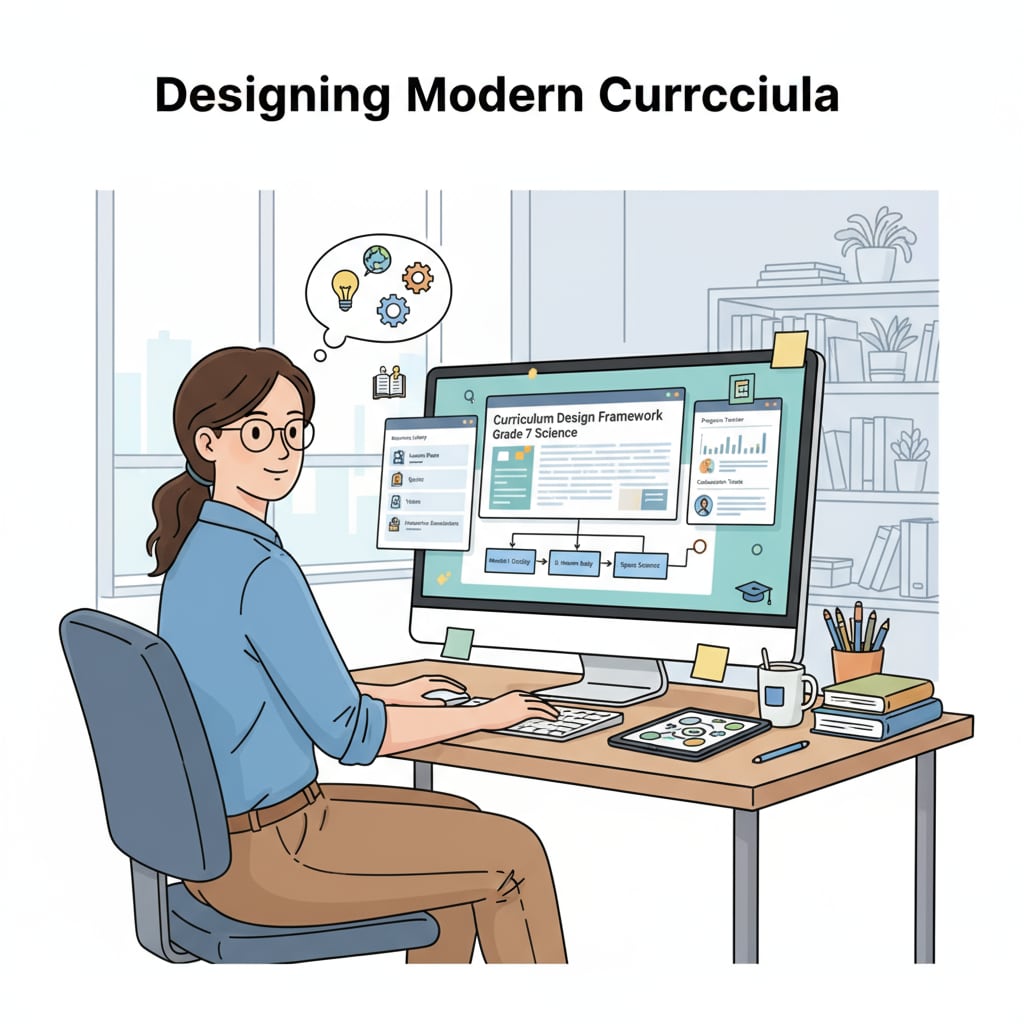For K12 educators, the pursuit of a Master of Education often leads to a crucial crossroads: choosing between educational leadership management and curriculum design degrees. This decision significantly impacts their career development and how they contribute to the educational landscape. Both paths offer unique opportunities and challenges in the realm of curriculum design and career progression.

The Allure of Educational Leadership Management
Educational leadership management degrees open doors to a wide range of administrative roles within schools and districts. Graduates can aspire to positions such as school principals, district administrators, or educational policy analysts. One of the key advantages is the ability to influence educational policies and systems on a broader scale. For example, a school principal can implement new teaching strategies across the entire school, affecting the learning experience of hundreds of students. However, this path also comes with its challenges. Leaders often face complex administrative tasks, including budget management, staff supervision, and dealing with various stakeholders. As stated on Educational leadership on Wikipedia, effective leadership requires strong interpersonal and decision-making skills.
The Appeal of Curriculum Design
On the other hand, a curriculum design degree focuses on the creation and improvement of educational programs. Professionals in this field develop engaging lesson plans, select appropriate teaching materials, and ensure that the curriculum aligns with educational standards. This role is crucial in enhancing the quality of education at the classroom level. A curriculum designer can develop innovative courses that spark students’ interest and improve learning outcomes.

However, curriculum designers may face challenges such as keeping up with the ever-evolving educational trends and meeting the diverse needs of students. According to Curriculum on Britannica, continuous research and adaptation are essential in this field.
When making this decision, educators should consider their personal values. Those who are passionate about leading teams, implementing change at an institutional level, and have strong organizational skills may find educational leadership management more appealing. Conversely, if an educator’s heart lies in creating engaging learning experiences, working closely with teaching materials, and having a direct impact on students’ learning, curriculum design might be the better fit. Additionally, long-term career goals play a vital role. If an educator aims to have a say in educational policies at a district or state level, a leadership management degree is a stepping stone. For those who want to be at the forefront of developing cutting-edge educational programs, a curriculum design degree is the way to go.
Readability guidance: By weighing these factors, educators can make an informed choice. Each path offers a unique opportunity to contribute to the field of education. Whether it’s leading schools towards excellence or crafting innovative curricula, the decision should align with one’s passion and long-term career vision in the context of Master of Education, career development, and curriculum design.


